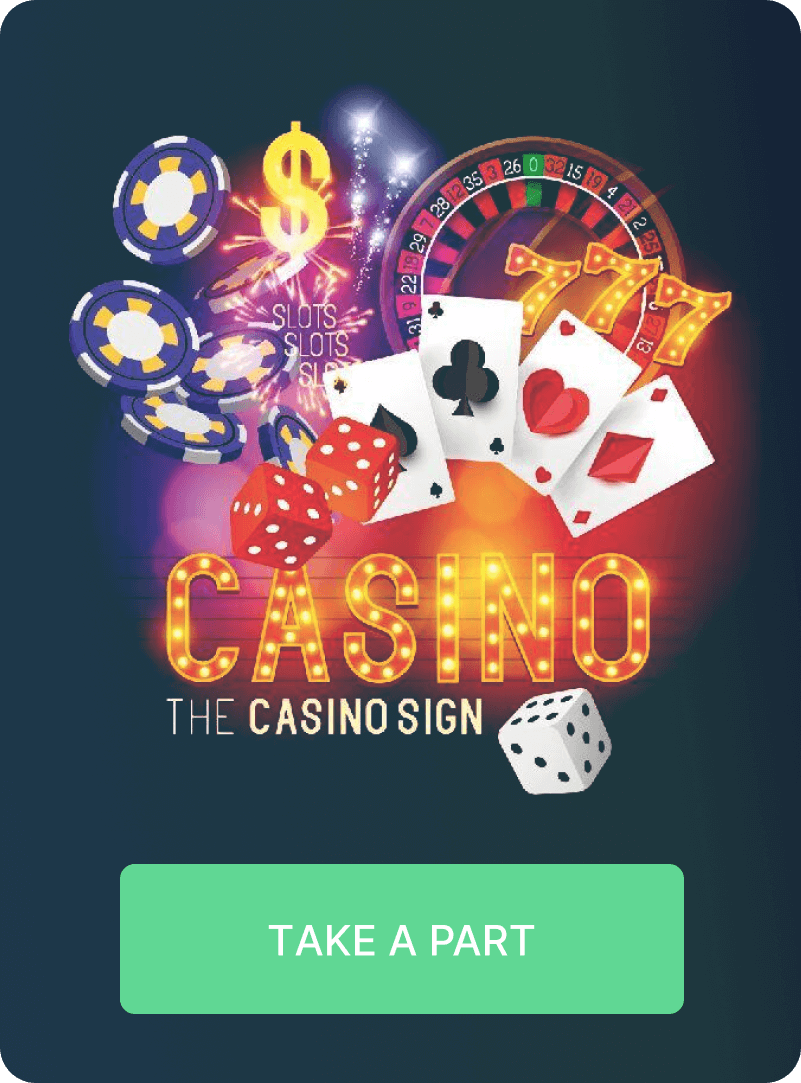
Playing slot machines online brings a number of advantages. These games are characterised by their randomness and unpredictability, requiring minimal skill while promising tempting jackpot prizes. However, the inner workings of these games often remain a mystery to many players. With limited insight into the mechanics, newcomers often question whether casinos have the ability to surreptitiously manipulate slot machine outcomes, potentially depriving them of their rightful winnings.
Engaging in real-money online slot play instills confidence in the fairness of the game, provided that your chosen casino holds a valid license and undergoes regular audits. In this blog post, our aim is to illuminate the functioning of online slots and explore the question of whether casinos have the ability to exercise control over them.
How Are Slot Machines Programmed?
Slot machines operate based on a system of chance and randomness. These intriguing devices, commonly found in casinos and increasingly online, captivate players with their simplicity and potential for substantial payouts. Here's a breakdown of how slot machines work:
- Reels and Symbols::
Slot machines consist of multiple reels, typically three or five, which are vertical columns that spin when a player initiates a game. Each reel contains various symbols, such as fruits, numbers, or characters, which are designed to create combinations upon landing. - Random Number Generator (RNG):
At the core of every modern slot machine is a sophisticated computer program known as an RNG. This software continuously generates thousands of random numbers per second, even when the machine is idle or not in play. - Player Action::
When a player starts a game by pulling a lever or pressing a button, the RNG is triggered to select a specific combination of numbers. The precise moment when the player initiates the game determines which numbers the RNG has generated. - Outcome Determination::
The numbers chosen by the RNG correspond to specific symbols on the slot machine's reels. These symbols align to create a pattern on the pay line (s), which is a designated path across the reels. The resulting combination of symbols determines the outcome of the game. - Payouts and prizes:
Different combinations of symbols yield various payouts, with specific combinations often offering more substantial rewards. Pay tables, visible to players, outline the potential payouts for each possible combination. - Payout percentage (RTP):
Each slot machine is programmed to provide a certain payout percentage over the long term. This percentage, often referred to as the Return to Player (RTP), indicates the proportion of total wagers the machine will pay back to players as winnings over time. For instance, a machine with a 95% RTP will, on average, return $95 for every $100 wagered. - House edge:
The difference between 100% and the slot machine's RTP represents the casino's profit margin, known as the house edge. This ensures that, over time, the casino retains a percentage of the wagers made on the machine. - Selection and themes:
Slot machines come in a wide array of themes and variations, from classic fruit machines to elaborate video slots with engaging storylines, animations, and bonus rounds. These diverse options cater to different player preferences and create an immersive gaming experience.
In summary, slot machines function as intricate combinations of mathematical algorithms and visual stimuli. The use of RNG technology guarantees that each spin's outcome is entirely random and independent of previous or future spins. While chance remains the ultimate factor in determining winnings, understanding the basic mechanics of slot machines can enhance the enjoyment and appreciation of these captivating games.
Casinos Already Secure A Definite Profit From Each Wager Placed
When you are just learning to navigate casino slots, it is crucial to understand the difference in slot rates, house edge and the impact of RTPs on your potential earnings. The house edge percentage is a measure of the undistributed profit on all bets placed in a casino. While players often calculate this number per dollar wagered, the reality is that your winnings can far exceed your return to player (RTP) or conversely, your losses can exceed your house edge percentage. This percentage is derived from the collective bets of all players. Consequently, if a casino consistently earns a predetermined profit on all bets, regardless of wins or losses, they have no incentive to manipulate the system in their favour. The RNG is already carefully programmed to take into account the advantage of an established house. Fears of a game rigger can be allayed. Rather, you should concentrate on games with favourable house advantages or high RTPs. Failure to consider RTPs is a potential pitfall that new players should steer clear of, as it can lead to avoidable losses in slots.
Regulatory Framework: Laws Governing Casino Slot Developers
The laws of the slot machine developers are a crucial framework that regulates the entire life cycle of slot machine creation. These legal provisions cover a wide range of aspects, from initial concept and design to final deployment in casinos and online platforms. Regulatory bodies set strict guidelines to ensure the integrity, security and fairness of slot games. These laws often mandate the use of certified RNG-to ensure truly random results, avoiding any manipulation or bias.
Additionally, slot developers must adhere to transparency standards, accurately displaying odds and payouts, and avoiding deceptive marketing tactics. By adhering to these laws, casino slot developers contribute to fostering a trustworthy and responsible gambling environment, bolstering player confidence, and providing safeguards against potential concerns related to problem gambling and unfair play.
In the event that a casino seeks to manipulate a slot machine, developers safeguard their programming code to uphold their reputation and deter any unauthorized interference. Prior to the game's introduction to your preferred casino, it undergoes rigorous scrutiny and attains regulatory approval, ensuring a stamp of authenticity and fairness.
Could A Casino Manipulate Slot Payouts In Secrecy?
Established and licensed casinos have minimal incentive to meddle with game outcomes – the potential consequences far outweigh any gains. Such actions could permanently damage a casino's reputation, result in the revocation of its license, entail significant fines, or strain relationships with respected slot developers. While casinos possess the capability to influence slot machines, reputable establishments are committed to maintaining integrity.
Finally, when considering the question, "Are slot machines rigged?" Reputable casinos operate under strict regulations, ensuring that their slot machines are not rigged and provide a fair gaming experience. By selecting well-established and licensed establishments, players can have confidence that they are engaging in legitimate and unbiased gameplay.



